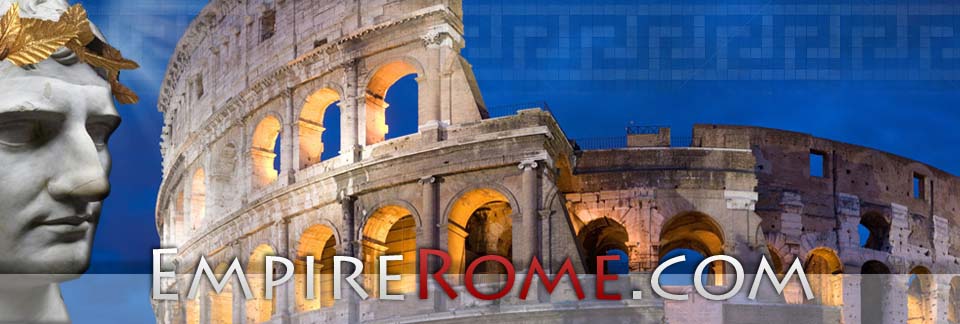Emperor Worship was well practiced throughout the ancient world. An example of this was in Ancient Egypt. Many of the people of Ancient Egyptian and Eastern cultures of that time era believed that the pharaoh was a living god. A similar idea was applied to many of the rulers in Ancient Rome. Although, not all Roman emperors claimed to be gods, as they could lose their lives for even entertaining such ideas. Some Ancient Roman emperors enjoyed the concept of being gods to Eastern cultures who worshiped them. However, these emperors never fully claimed their god status at home in Ancient Rome because the Ancient Roman citizens did not like the idea. An Ancient Roman Emperor could be killed for making these claims. Ancient Rome’s last king was overthrown because the people did not like the idea that the king was the sole person in power. Most of the time, emperors were turned into gods once they had died, a process called apotheosis, or the making of a god, but this generally did not occur when they were alive. In turn, this gave great power to relatives of the deceased Emperor because their dependents were looked to have a relation to the gods.
It should be noted that the Ancient Romans upheld local beliefs to keep the peace and let locals believe what they wanted. However, politically it was important that followers supported their emperor as going against him was not seen as being loyal and could result in severe consequences.

